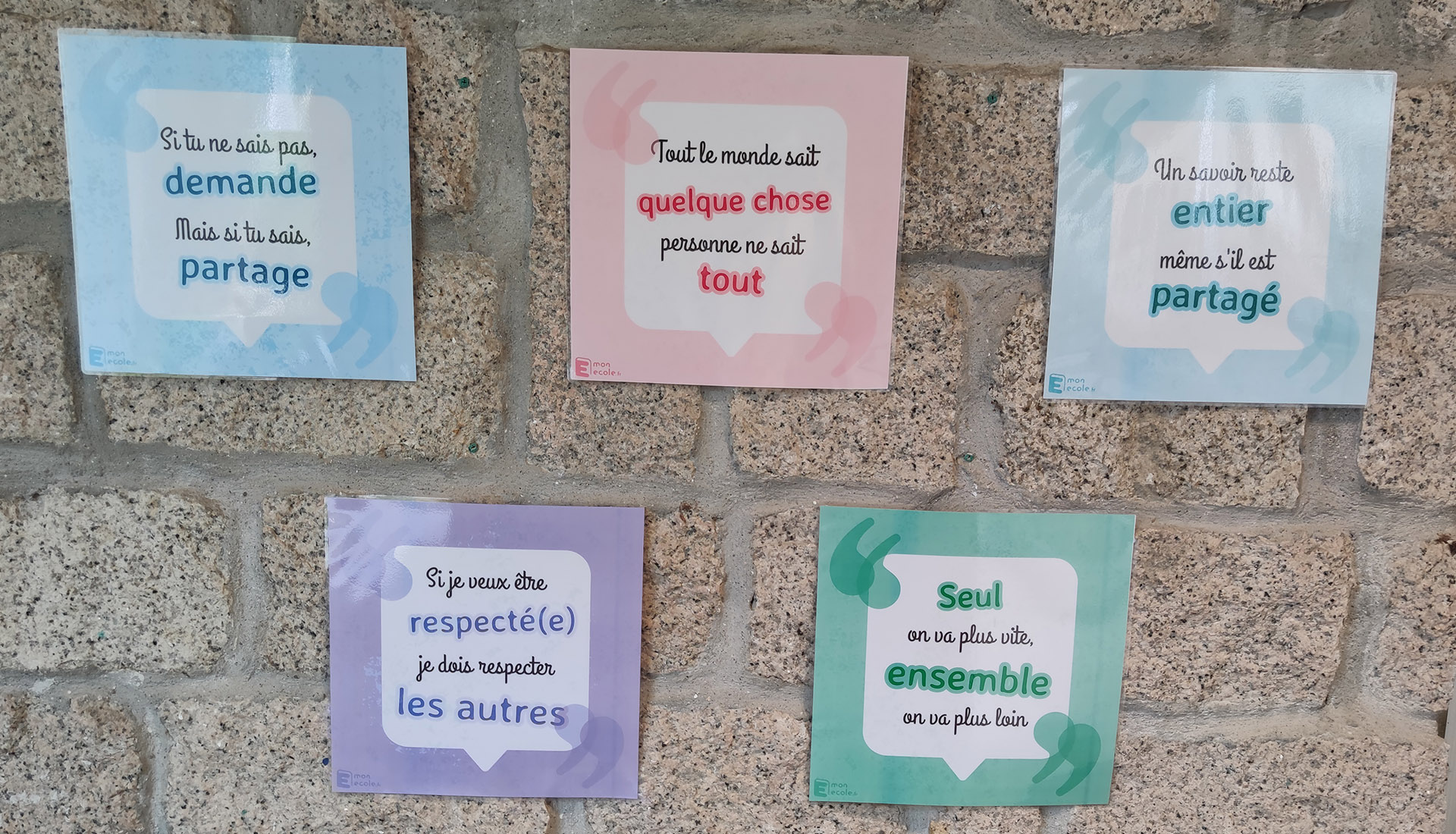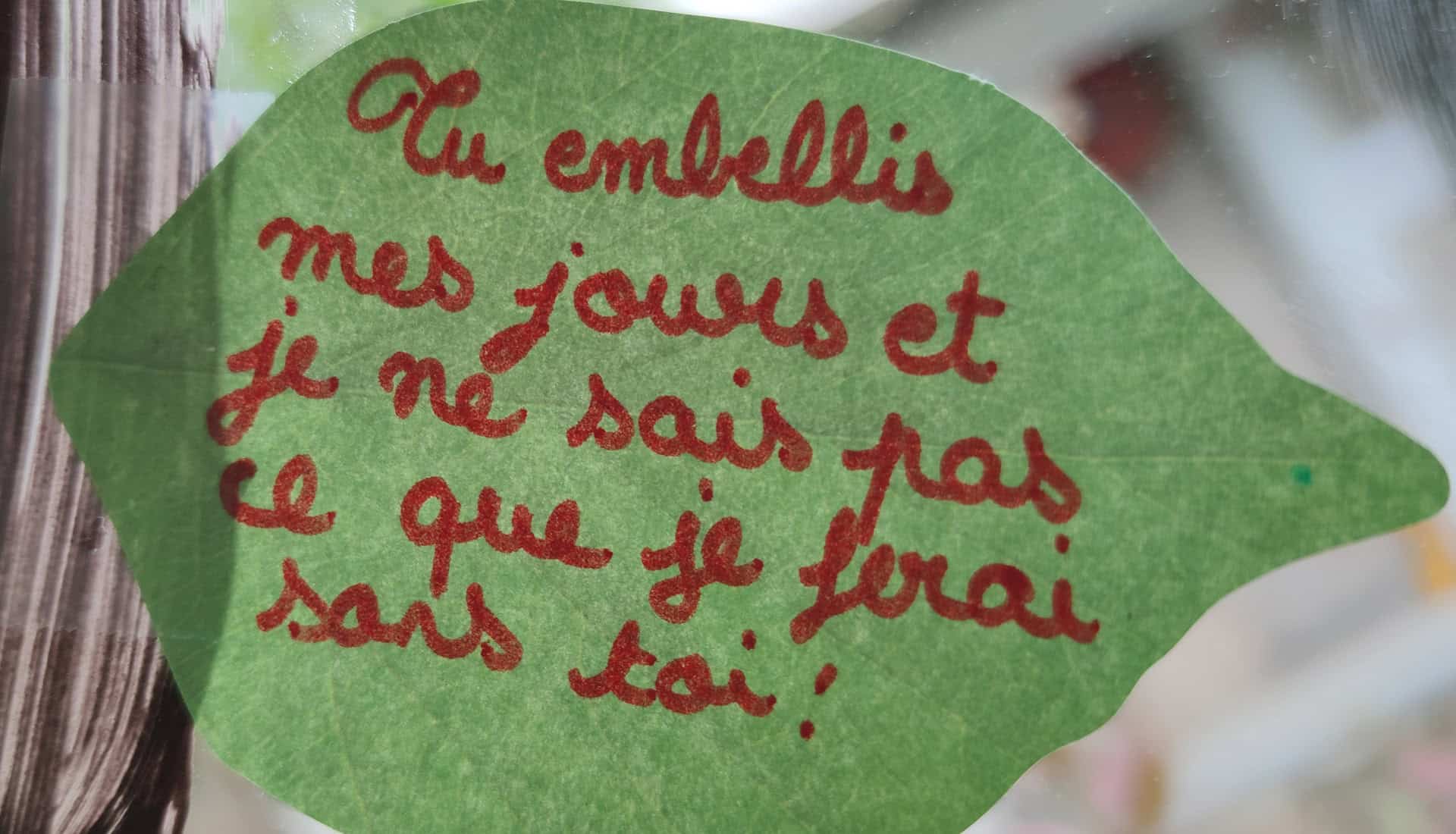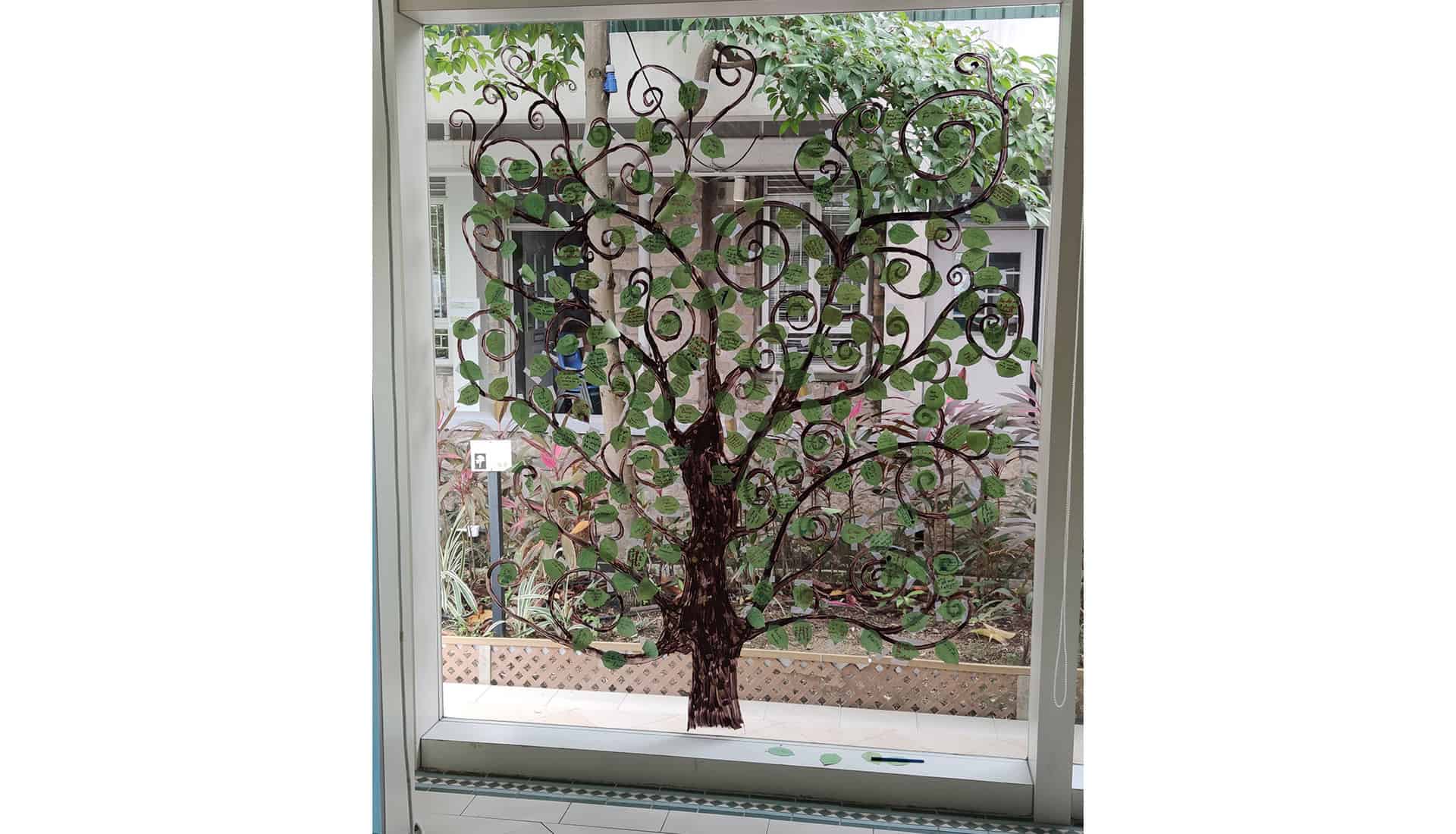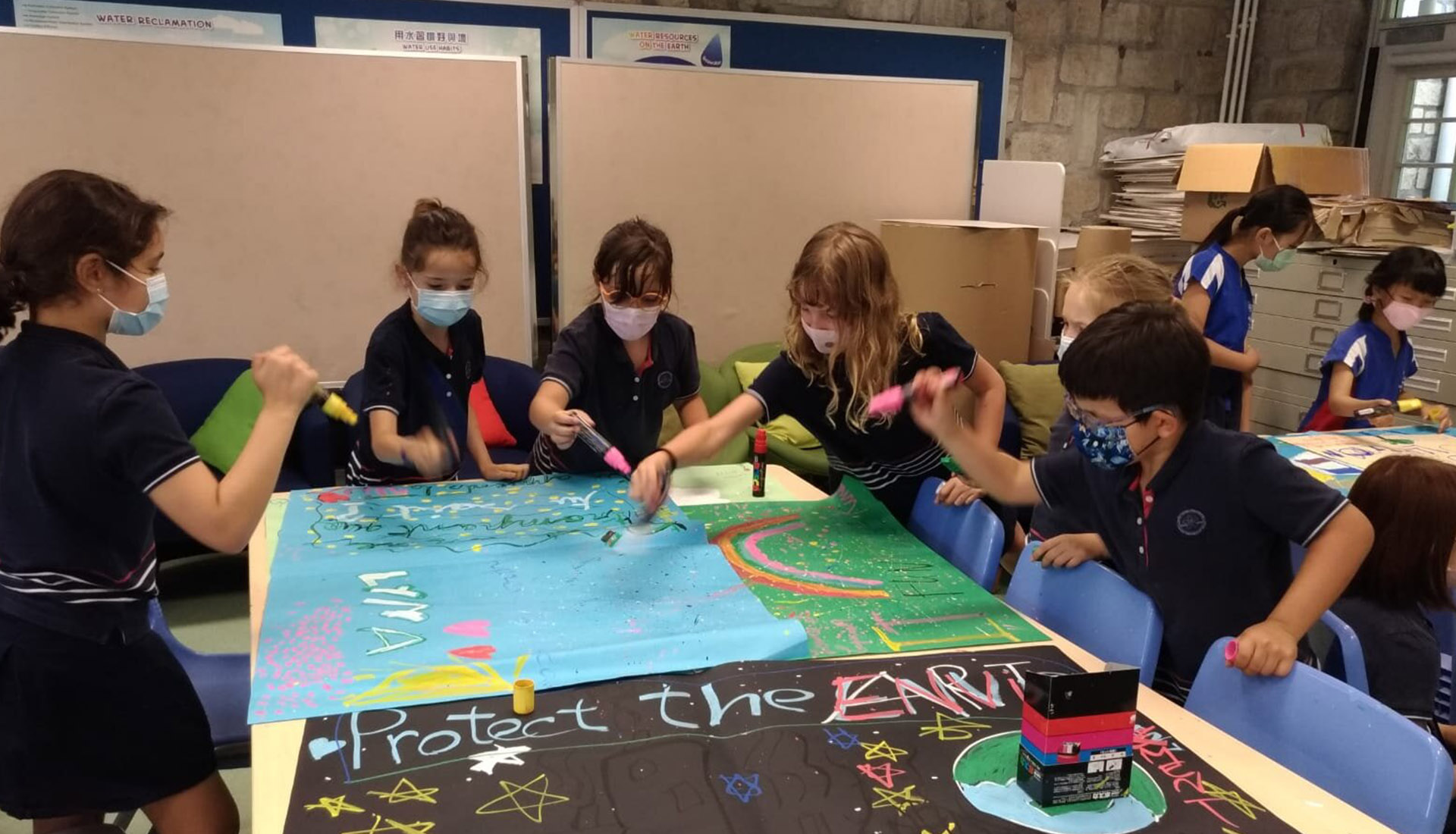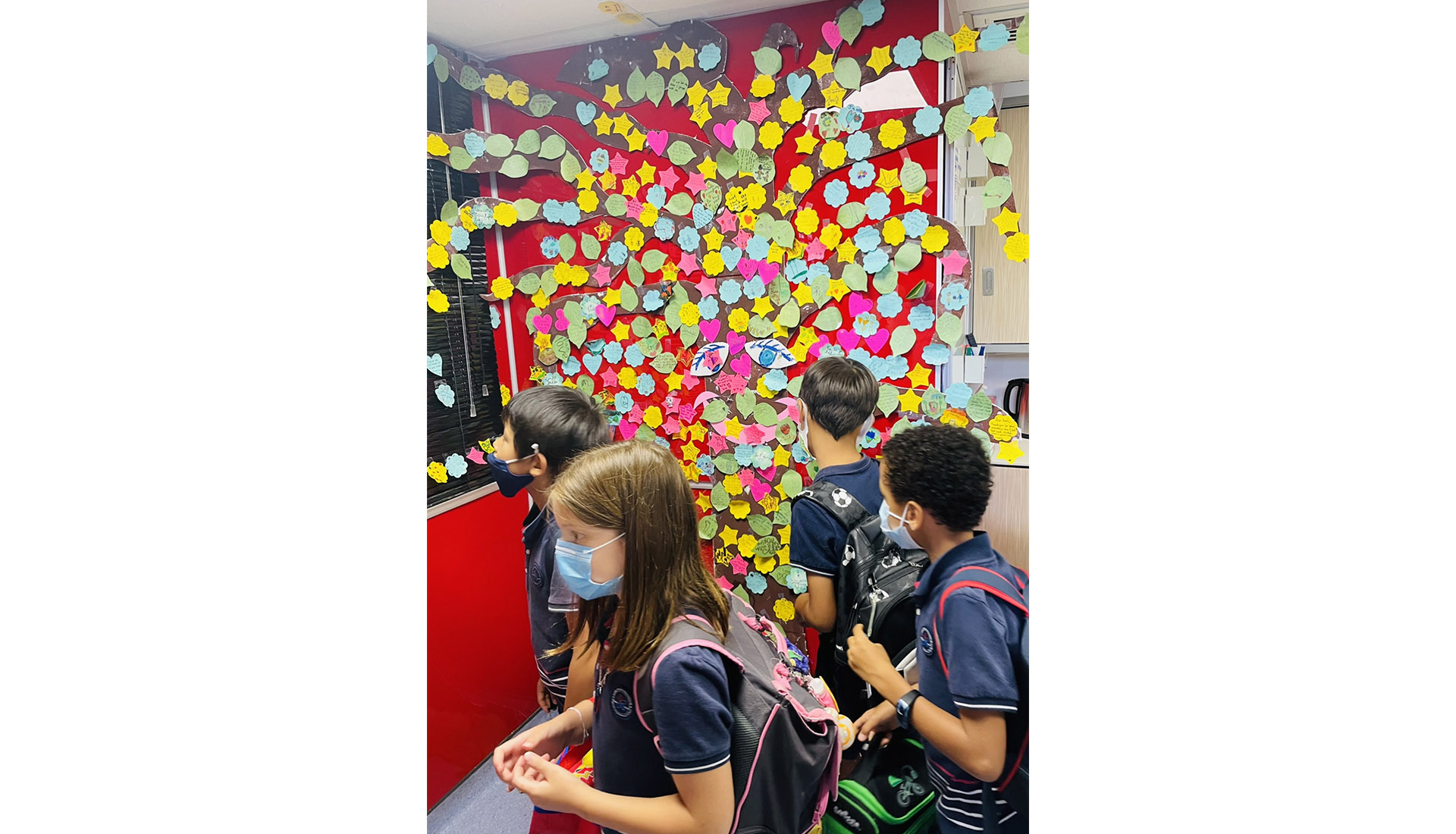Activities and events
Students participate in the social and democratic life of their year group and the wider school
Every year, primary and secondary students on each campus elect student representatives. This process teaches them to exercise their rights and duties as citizens.
Student representatives have the opportunity to participate in school projects, to talk with senior staff and to make decisions as part of its governing bodies (lower secondary school council, upper secondary school council, student voice council, campus council and school council).
The lower secondary and upper secondary student representatives from the French stream receive training to help them fulfil their roles. They work on their speaking skills, have philosophical debates about representative democracy and have conversations with teaching staff representatives.
From 2020-2021, each year group in secondary (French stream and international stream) also elects eco-delegates. Eco-delegates meet to discuss topics that their year group and classmates find pertinent, along with the sustainable development guidelines to implement at FIS.
The CAS programme
Creativity, Activity, Service (CAS) is a core part of the International Baccalaureate Diploma Programme. However, as we value the attributes it promotes, we have now developed a CAS programme for all secondary year groups.
As part of this programme, students are made aware of important social issues such as poverty, lack of access to education and food and water shortages.
They are encouraged to stand out from the crowd by volunteering their time, either within the school, as with IB students who tutor IGCSE students, or in Hong Kong through community service, such as distributing food or volunteering in a hospital. Sometimes this community service takes our students abroad to help with school building projects in low income countries. Students also organise fundraising events for charities such as the FIS swimathon and ImpactHK.
In addition, we encourage them to learn more about other cultures, especially those of Hong Kong, with dragon dancing and dancing martial art sessions taking place in school.
Peer mediation training
During this dynamic, interactive training session aiming to resolve minor conflicts, students work on the psychosocial skills of empathy, kindness and neutrality. They learn the mediation process, which includes organising meetings with students to resolve conflict. Though the aim is to give students autonomy in this process, there is always a debrief with an adult to assess the mediation and check the solutions suggested.
Kindness week
Kindness week takes place across all four campuses with activities organised by and for students.
Each campus is adorned with posters, texts and quotes about kindness. On our primary school campuses, students decorate a kindness tree with paper ‘leaves’ containing compliments and messages of support.
The vie scolaire and health care teams on each campus hold talks and screen short films on a variety of subjects, such as the consequences of harassment, the living conditions of homeless people in Hong Kong and how to behave on buses. They also organise games, including Feelings, where students learn to talk about their feelings, as well as the Mysterious Benefactor game and the Mime or Sweet word game.
Older students organise activities for the benefit of charitable organisations, such as collecting food for Feeding HK and making beautiful badges, the proceeds of which are donated to the non-profit ImpactHK.
The aim of the week is for students to understand that kindness is key to building a better society.


